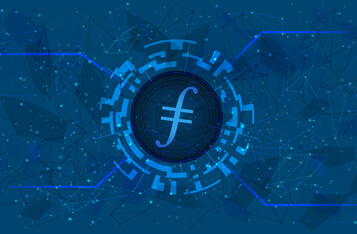SEC: X Account Compromised Through Phone Number Control in SIM Swap Hack
The U.S. Securities and Exchange Commission (SEC) recently faced a significant cybersecurity breach when its X (formerly Twitter) account was hacked on January 9, 2024. This incident has put the spotlight on the security measures of financial regulatory agencies and their presence on social media platforms.
Incident Overview
On the afternoon of January 9, an unauthorized party gained control over the phone number associated with the SEC's X account through a "SIM swap" attack. This allowed the hacker to post misleading information about the Commission’s approval of spot Bitcoin exchange-traded funds (ETFs). The false announcement, made at 4:11 pm ET, was followed by a second post stating “$BTC,” which was later deleted. While the SEC staff quickly responded by deleting the unauthorized posts and alerting the public, the incident had already caused confusion and concern among investors and market participants.
Cybersecurity Lapses
Investigations revealed that the SEC had disabled multifactor authentication (MFA) for its X account in July 2023 and did not re-enable it until after the incident. The lack of this additional security layer made the account more vulnerable to such attacks. The SEC has since reactivated MFA on all its social media accounts that offer this feature.
Broader Implications
This incident underscores the importance of robust cybersecurity measures for financial regulatory bodies, especially when communicating sensitive market information. The ease with which the hacker was able to disseminate false information highlights the potential risks associated with regulatory bodies using social media platforms for official announcements. It also raises questions about the preparedness of such institutions in safeguarding against increasingly sophisticated cyber threats.
Regulatory and Legal Responses
The SEC, along with the U.S. Justice Department, FBI, the Department of Homeland Security’s cyber unit, the Commodity Futures Trading Commission, and the SEC’s inspector general and enforcement division, are actively investigating the incident. This collaboration signifies the seriousness with which the U.S. government is treating cybersecurity threats to its financial regulatory institutions.
Conclusion
The SEC's X account hack is a wake-up call for regulatory agencies worldwide to reassess their cybersecurity protocols, especially in an era where digital platforms play a crucial role in disseminating vital financial information. Ensuring the integrity and security of these communication channels is paramount to maintaining investor confidence and the smooth functioning of financial markets.
Image source: Shutterstock






